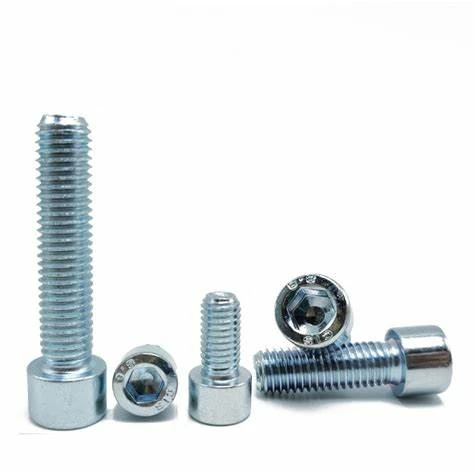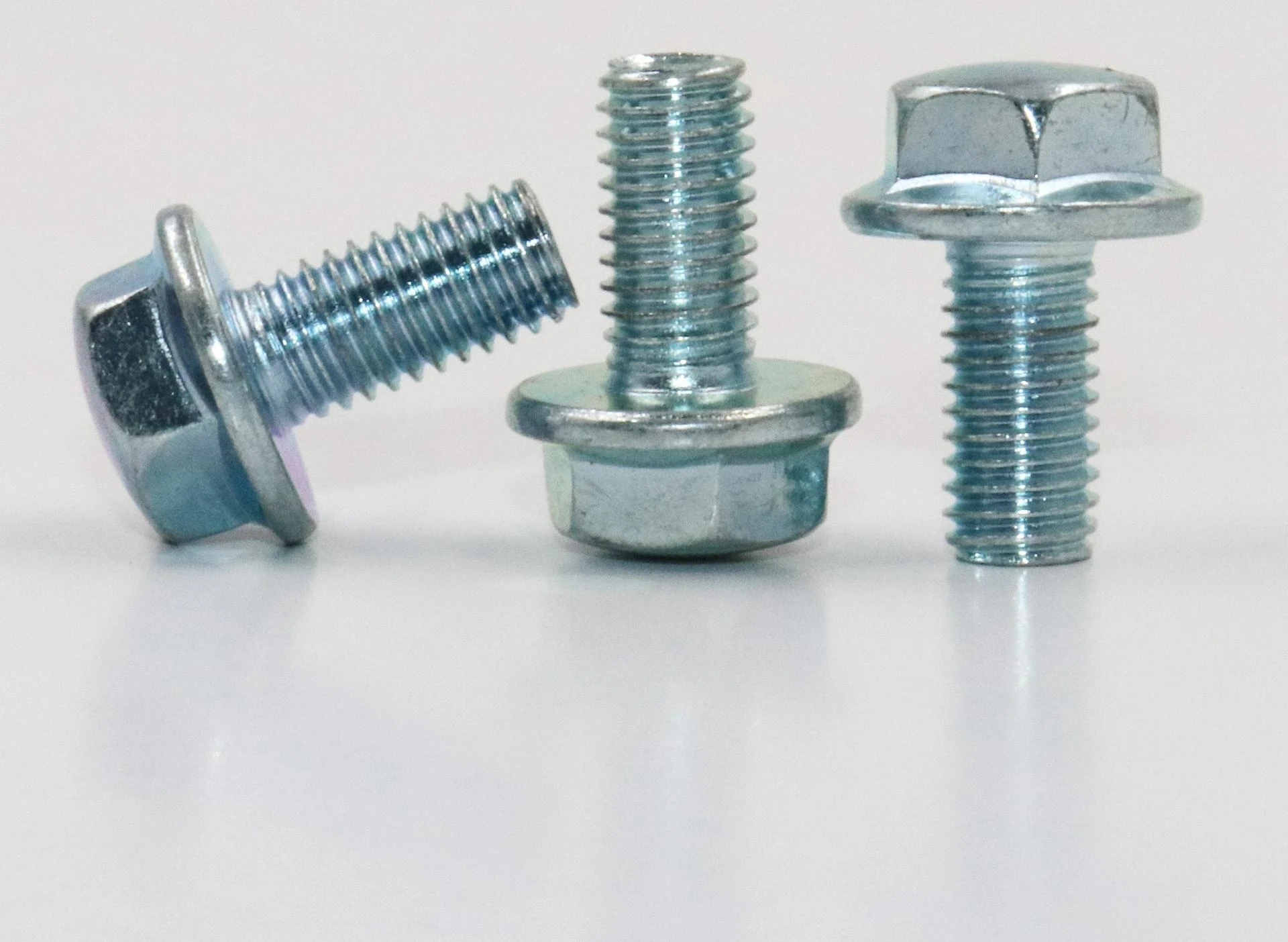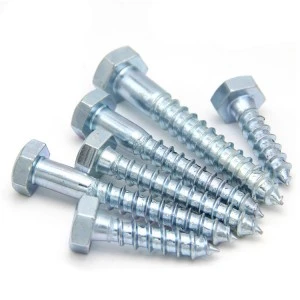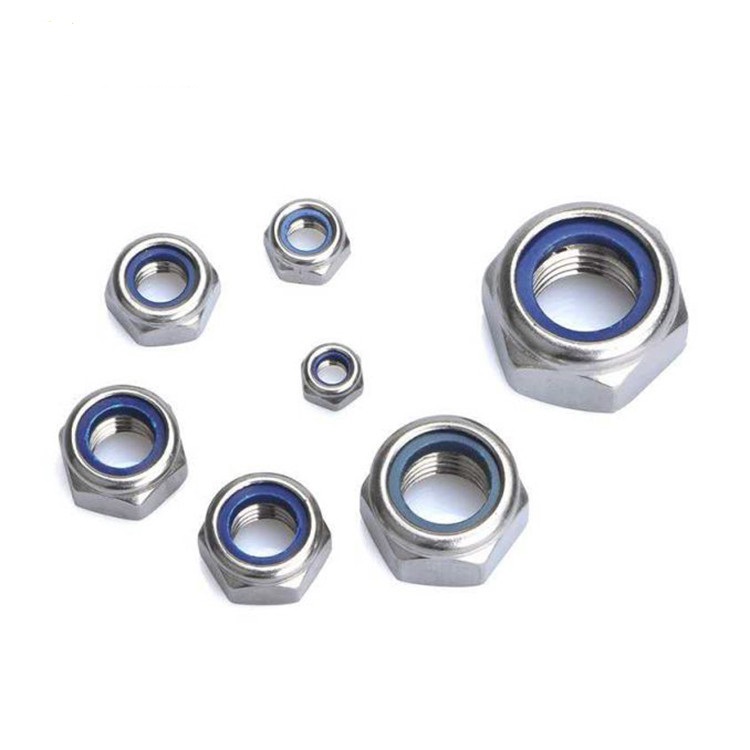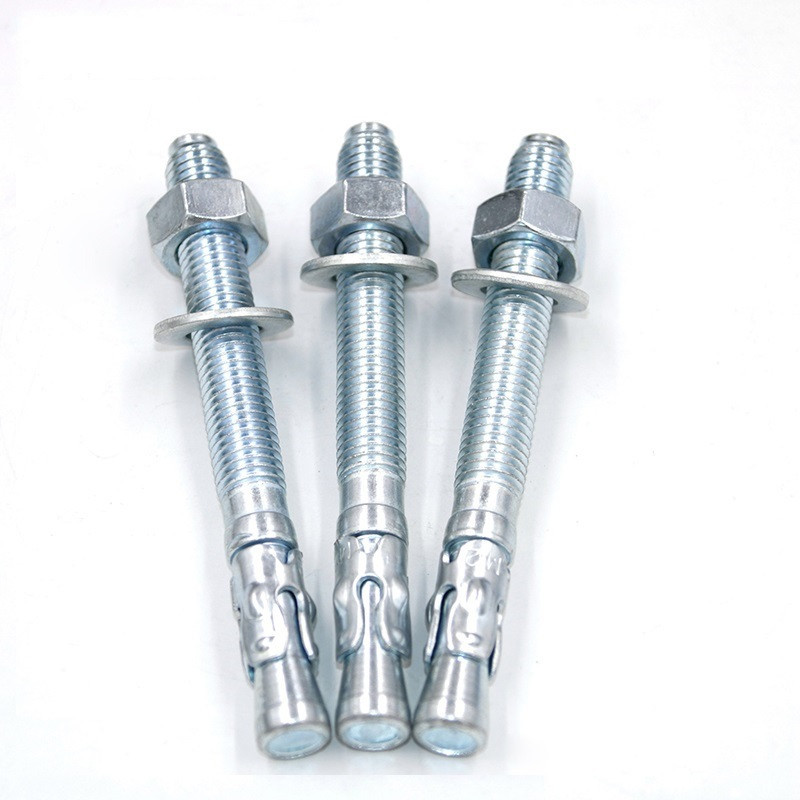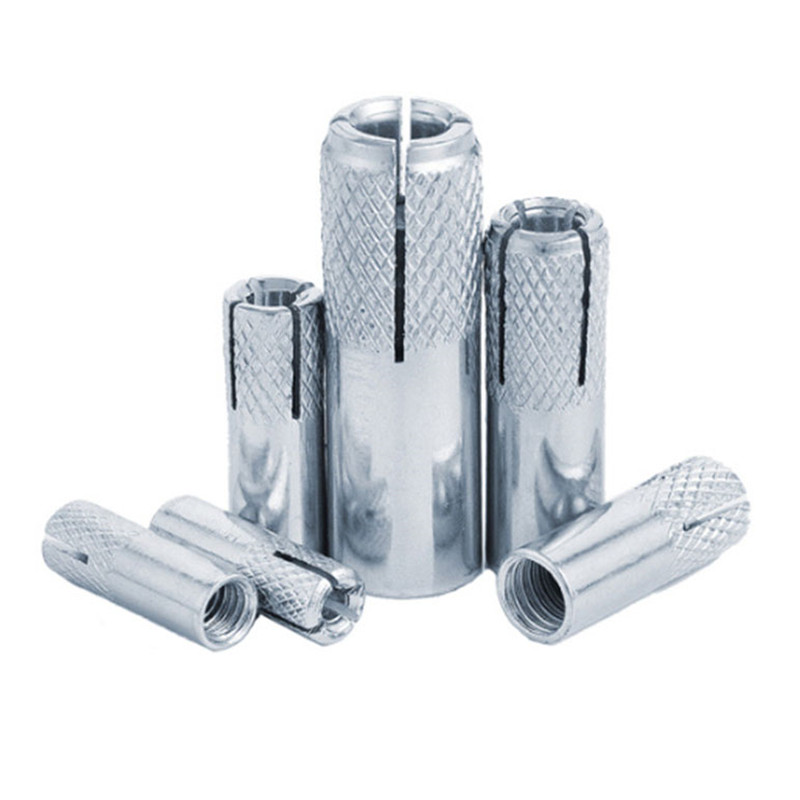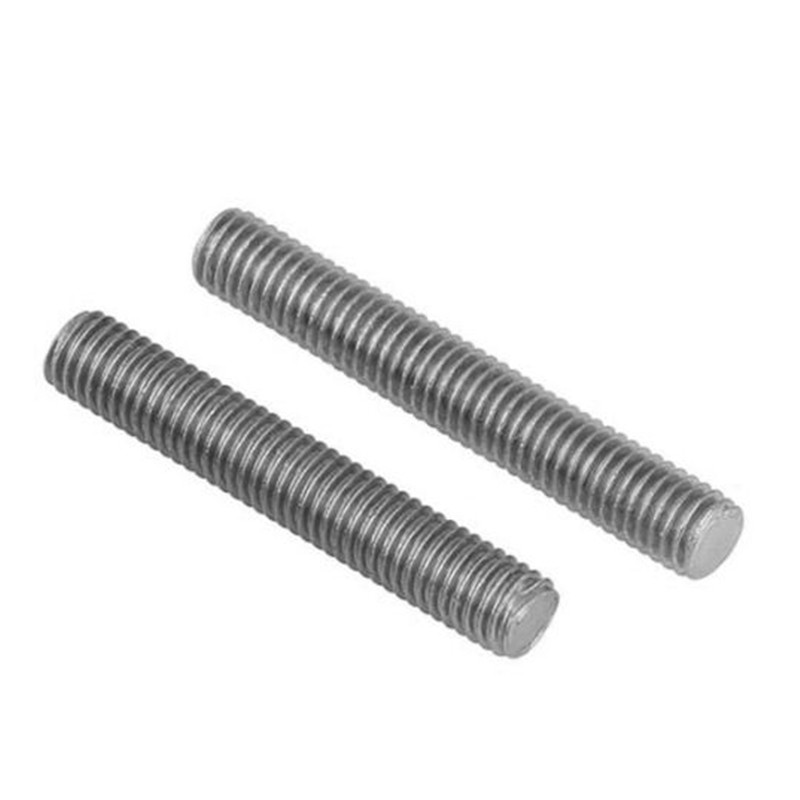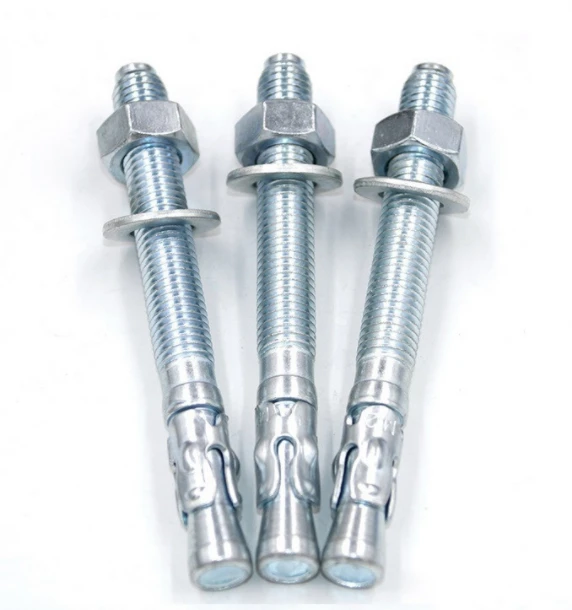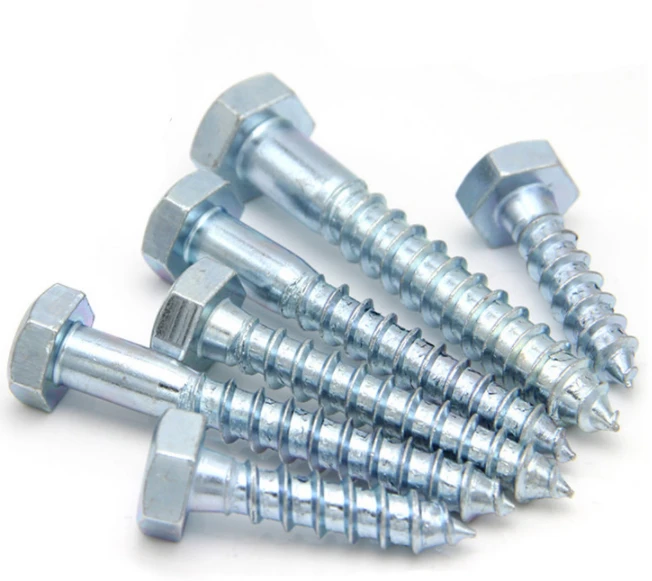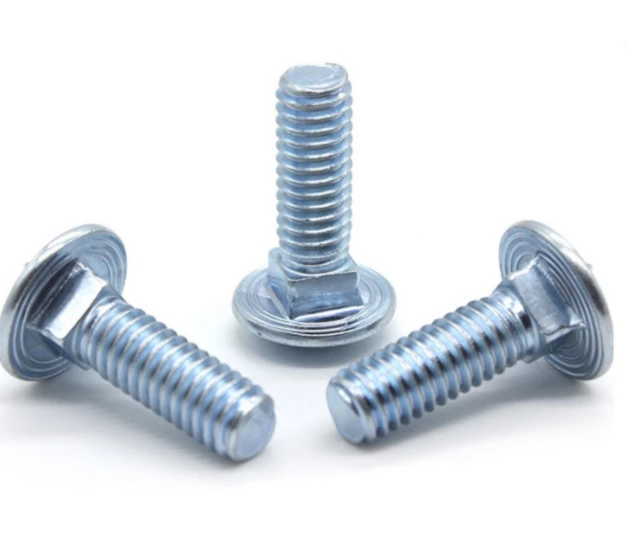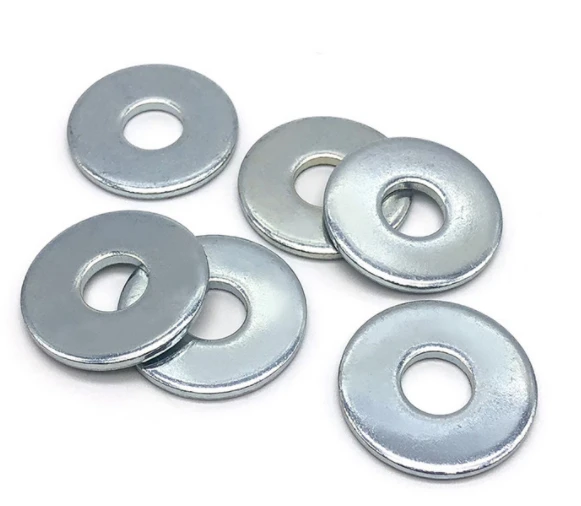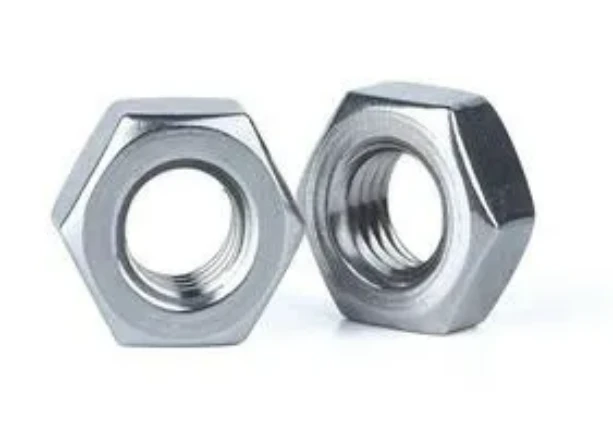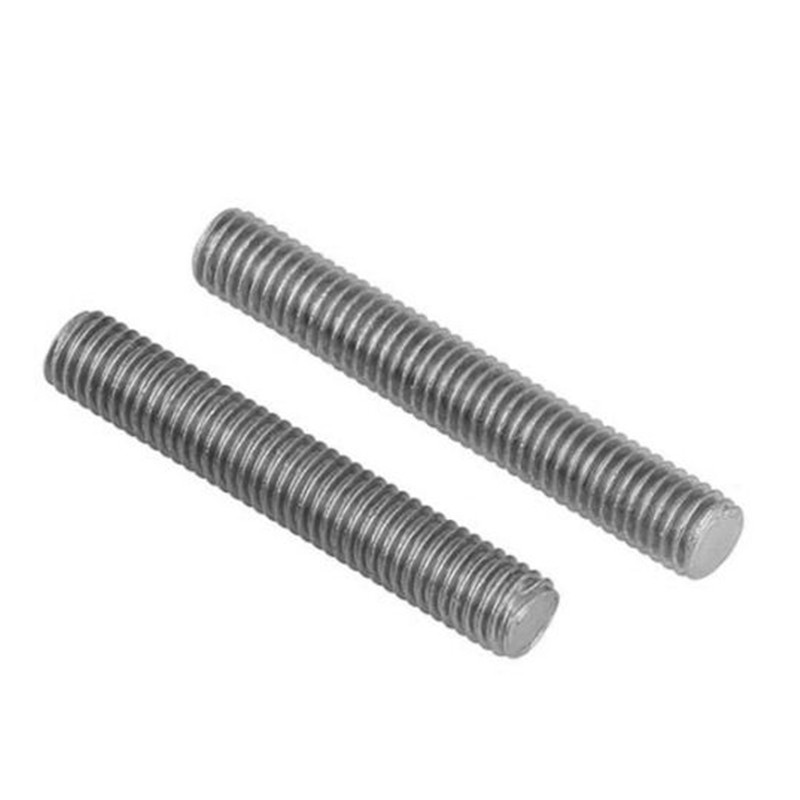When it comes to anchoring systems, wedge anchors are one of the most popular and reliable options for securing components to concrete surfaces. They offer exceptional holding power and are essential in a variety of construction and industrial applications. Whether you are a professional or a DIY enthusiast, understanding the correct wedge anchor size chart, and choosing the right stainless steel wedge anchors or sizes like 1/2 x 3-3/4 wedge anchor, can make a significant difference in the success and safety of your projects.
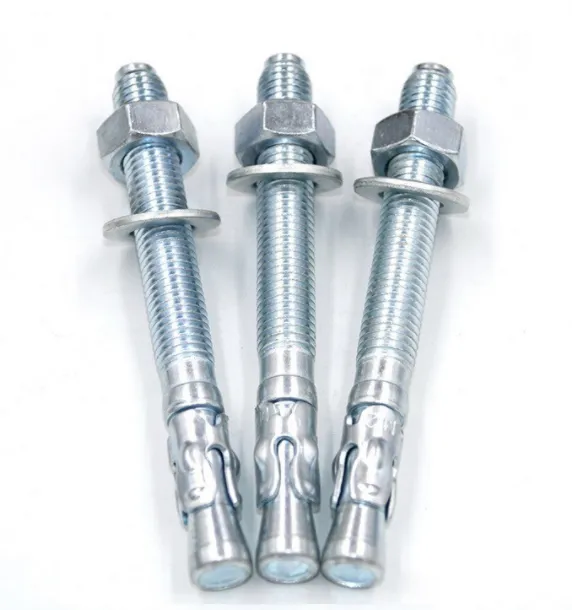
This advertrial will provide you with a detailed overview of wedge anchors, covering everything from wedge anchor sizes to choosing the right bit size for 1/2 wedge anchors. By the end of this article, you'll have a clearer understanding of why wedge anchors are the go-to choice for concrete fastening solutions.
What Are Wedge Anchors and How Do They Work?
A wedge anchor is a type of fastener that is designed for use in concrete. It consists of a threaded rod with a wedge-shaped end and a nut. When the anchor is inserted into a pre-drilled hole in concrete, tightening the nut forces the wedge to expand, securing the anchor firmly in place. This type of anchor is ideal for use in applications requiring high strength and reliability.
Wedge anchors are often used in construction, manufacturing, and heavy machinery applications where a strong and secure fastening solution is essential. These anchors come in various sizes, materials, and finishes, making them adaptable for different needs, from light-duty applications to heavy-duty industrial use. The most common materials for wedge anchors are carbon steel and stainless steel, both of which provide corrosion resistance and durability.
The Importance of Choosing the Right Wedge Anchor Size
When selecting wedge anchors, it’s important to choose the correct size to ensure a secure and strong hold. The wedge anchor size chart can help guide you in determining the correct anchor diameter and length for your application. Sizes typically range from small anchors, such as 3/8 wedge anchors, to larger ones like 1/2 x 3-3/4 wedge anchors, depending on the required strength and load-bearing capacity.
A key factor in selecting the right size is considering the material and thickness of the surface you are anchoring into. For example, smaller wedge anchors are suitable for lighter loads, while larger anchors, such as 1/2 x 3-3/4 wedge anchors, provide greater holding strength for heavier applications. Additionally, the depth of the hole and the type of concrete or masonry you are working with will also influence your choice.
Choosing the Right Material for Wedge Anchors: Stainless Steel vs. Carbon Steel
Stainless steel wedge anchors are often chosen for applications that involve exposure to moisture, chemicals, or extreme conditions. This material is highly resistant to rust and corrosion, making it ideal for outdoor or industrial applications where the anchors may be exposed to the elements.
On the other hand, carbon steel wedge anchors are typically used for indoor applications or in environments where corrosion is not a major concern. Carbon steel is strong and cost-effective, but it may require additional protective coatings, such as zinc plating or galvanization, to ensure durability.
Choosing between stainless steel wedge anchors and carbon steel wedge anchors depends on the specific environmental conditions in which the anchors will be used. If your project involves outdoor exposure or harsh conditions, stainless steel wedge anchors are the best choice. However, for indoor or controlled environments, carbon steel anchors can be an affordable and reliable option.
Wedge Anchor Sizes and How to Select the Right One
The wedge anchor size chart provides detailed information on the different sizes available for wedge anchors, allowing you to select the right one for your project. Wedge anchors are available in several diameters, with common sizes such as 3/8 wedge anchors, 1/2 x 3-3/4 wedge anchors, and larger options like 1/2 x 6 wedge anchors.
Selecting the right size is crucial because the anchor must fit the pre-drilled hole in the concrete and provide adequate holding power. The diameter of the anchor should match the hole size, and the length should be sufficient to ensure that the anchor is properly embedded in the concrete. Using a larger anchor than needed can provide extra strength, but it may be more expensive, while using a smaller anchor can result in a weaker connection.
In addition to size, it’s also important to consider the bit size for 1/2 wedge anchors, which will need to be matched to the size of the anchor for proper installation. Using the right bit size ensures a tight fit and optimal holding power, reducing the risk of anchor failure.
Why You Should Choose High-Quality Wedge Anchors
When working with concrete, the strength and reliability of your anchor are paramount. Choosing high-quality wedge anchors ensures that your connection will be secure and durable, even under heavy loads. High-quality wedge anchors are made from premium materials, such as stainless steel or carbon steel, and come with various surface finishes like zinc plating or hot-dip galvanization, which provide additional protection against corrosion.
Investing in premium wedge anchors can save you time and money in the long run by reducing the need for repairs and replacements. It is essential to select wedge anchors that meet the standards of your industry, such as those made according to DIN, ANSI, or ISO specifications. This ensures that the anchors will perform as expected and provide a safe and secure solution for your fastening needs.
Wedge Anchor FAQs
What is a wedge anchor used for?
A wedge anchor is used to fasten objects to concrete surfaces. It is inserted into a pre-drilled hole, and the anchor expands upon tightening, providing a secure and reliable hold for heavy-duty applications.
What are the common materials used for wedge anchors?
The most common materials for wedge anchors are stainless steel and carbon steel. Stainless steel is ideal for outdoor or harsh environments, while carbon steel is typically used in indoor applications.
How do I choose the correct size of wedge anchor?
To choose the correct size, you should refer to the wedge anchor size chart, which will provide the diameter and length options based on the size of the hole and the load capacity needed for your project.
What is the bit size for a 1/2 wedge anchor?
For a 1/2 wedge anchor, the typical drill bit size is 1/2 inch. It’s important to use the correct drill bit size to ensure a tight fit and proper expansion of the anchor.
Why should I choose high-quality wedge anchors?
High-quality wedge anchors are made from premium materials like stainless steel or carbon steel, ensuring better performance, longer lifespan, and resistance to corrosion. Investing in quality anchors reduces the risk of anchor failure and ensures a more secure fastening solution.
In conclusion, whether you are securing machinery, structural components, or other heavy-duty equipment, wedge anchors provide a strong and reliable fastening solution for concrete. With a wide range of sizes, materials, and finishes available, it’s easy to find the right wedge anchor for your specific needs. Don't compromise on the strength and reliability of your anchors—choose high-quality wedge anchors for your next project.
Explore our full range of wedge anchors, including stainless steel wedge anchors, 1/2 x 3-3/4 wedge anchors, and high-quality carbon steel anchors. Visit our website today to browse our selection and get the best deals on the products you need!
Post time: May . 21, 2025 15:00


